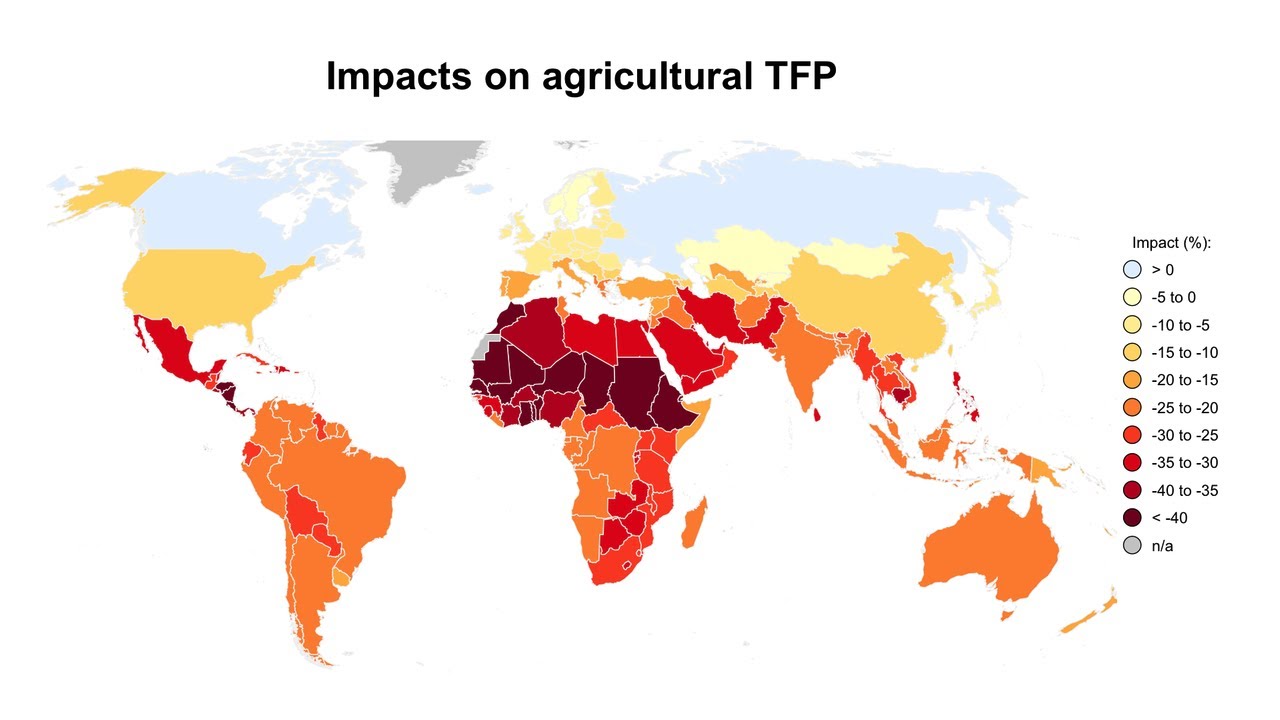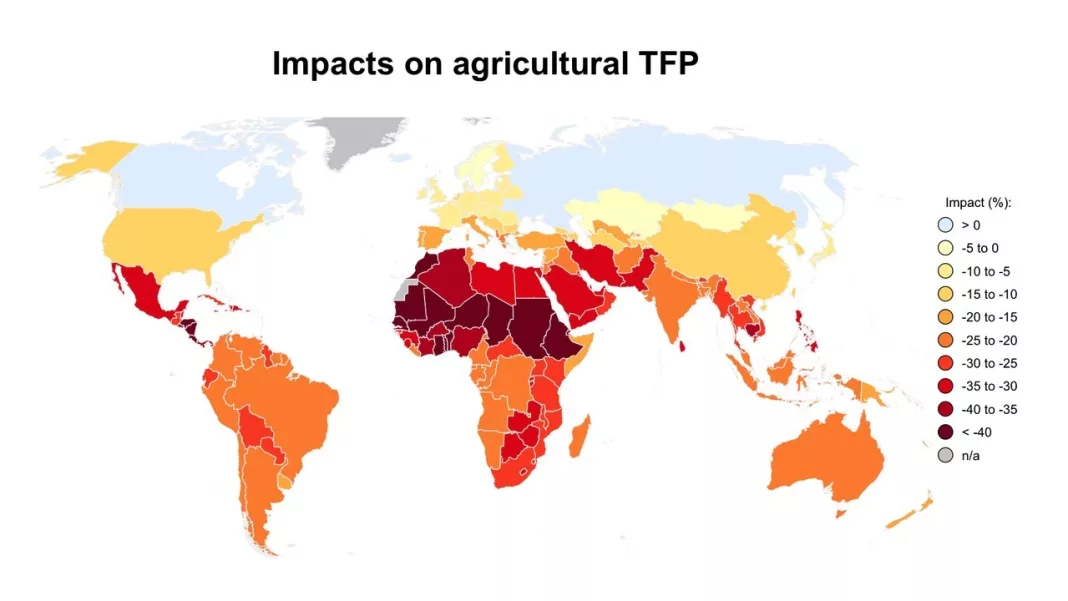 Concerns have been raised by Members of Parliament (MPs) regarding the potential impact of net zero infrastructure on food security. The MPs have specifically expressed worries about the erection of pylons across farmland as part of National Grid upgrades for net zero, which could have detrimental effects on agricultural productivity.
Concerns have been raised by Members of Parliament (MPs) regarding the potential impact of net zero infrastructure on food security. The MPs have specifically expressed worries about the erection of pylons across farmland as part of National Grid upgrades for net zero, which could have detrimental effects on agricultural productivity.
Matt Warman, the Conservative MP for Boston and Skegness, highlighted the concerns of his constituents during a parliamentary session. He emphasized that Lincolnshire, an area known for its agricultural productivity, could be negatively affected by plans to connect offshore renewable energy farms to a new electricity transmission line. Warman suggested that even if the cables were run underground, the land would never fully recover, making it a long-term project that could disrupt agricultural activities.
Warman further criticized the approach taken by National Grid and the government, stating that food security and economic impacts were not adequately considered. He stressed that constituents were frustrated with the lack of attention given to these crucial aspects. While acknowledging the need to upgrade the grid for the future, Warman argued that taxpayers should receive value for money and landscapes should be preserved without unnecessary blight.
Other Conservative MPs, Virginia Crosbie and James Wild, echoed similar concerns raised by their constituents. They highlighted the potential impact on food security and landscapes if farmland is allocated for National Grid pylons. The MPs emphasized that taking grade 1 arable land out of use contradicted the government’s intention to improve food security.
These concerns were also raised during a debate in the House of Commons chamber in February, which discussed the use of agricultural land for pylons as well as solar panel farms. Responding to these concerns, Graham Stuart, the minister for energy security and net zero, emphasized the necessity of rewiring the country to achieve homegrown energy. He expressed confidence that any proposals would minimize negative impacts on food security.
The UK’s commitment to achieving net zero greenhouse gas emissions by 2050 under the Climate Change Act 2008 necessitates significant increases in low carbon electricity generation infrastructure. The government has set targets related to offshore solar and wind energy, nuclear power, and the complete decarbonization of the electricity grid by 2035. These targets, coupled with policies promoting electric cars and heat pumps, are expected to double electricity demand by 2050.
National Grid conducted a review of the grid requirements necessary to accommodate the surge in green energy generation and recommended a single, integrated network connecting new offshore farms and transmission networks. While there have been calls for the use of underground cables, the government has expressed opposition, citing higher costs compared to overground pylons.
In January, Welsh farmer Gareth Wyn Jones emphasized the importance of preserving prime agricultural land for food production. Jones suggested that government policies favoring solar panel farms, wind turbines, and tree planting were diminishing opportunities for growing food in the country. He proposed the installation of solar panels on industrial sheds and private households to increase energy and food self-sufficiency.
The concerns raised by MPs reflect the need for a balanced approach to achieving net zero while safeguarding food security and agricultural productivity. It is crucial for the government to consider the economic impacts and potential blighting of landscapes when making decisions regarding infrastructure development. Preservation of prime agricultural land should be a priority to ensure a sustainable future for the UK’s food production capabilities.


